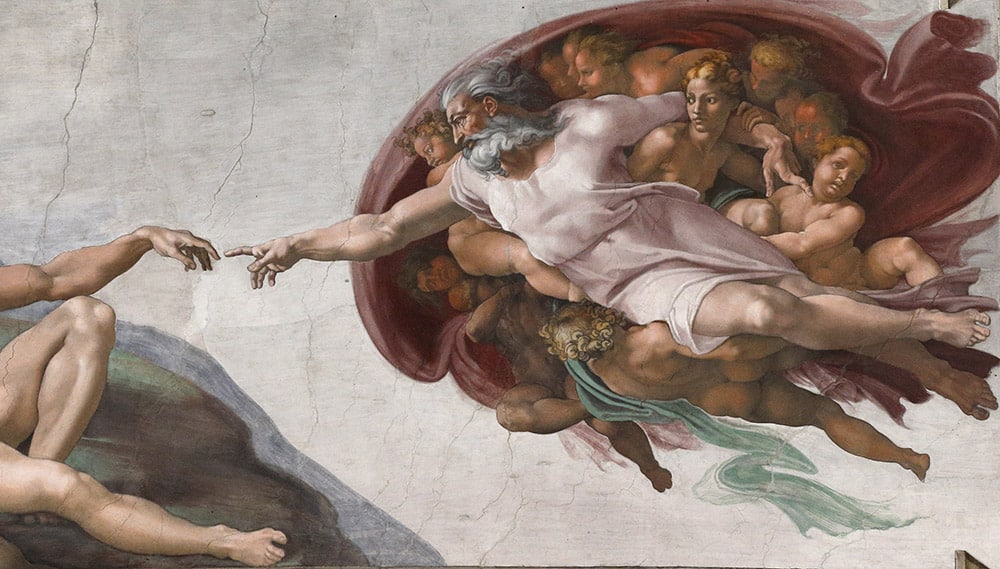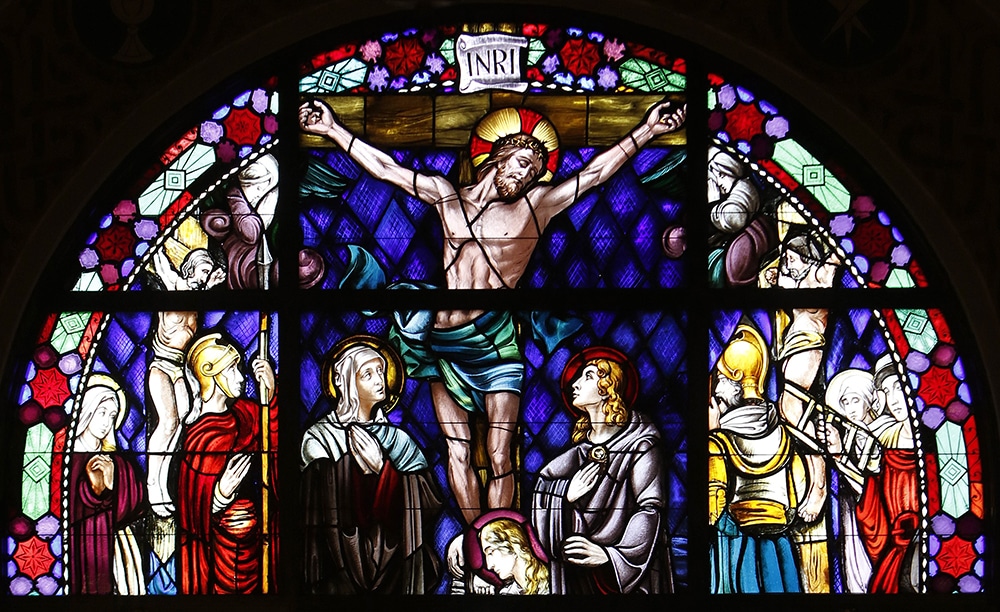The world isn’t fair. Worse, the world is unfair even in the way it’s unfair. How the world takes away your reputation is a good example.
It’s the thing by which many people will know you while you’re alive and by which many will remember you after you’re dead. It’s the thing you depend on to keep doing what you’re doing
You may do everything right to keep a good reputation and still lose it. And not just because you have enemies, which is unfair enough, but because the world just works badly. People get hurt accidentally or inequitably.
Losing one’s reputation
Sometimes people lose their reputations accidentally. This past season, the New York Giants won a playoff game no one expected them even to play when the season started. No one expected it because the previous general manager — the guy who runs the team and chooses the players — had made a hash of things.
Let me just say, as a childhood fan of the team, that he made decisions that tempted one to strong language or to head-in-the-hands despair. As well, to be fair, as some very good ones, but even those he didn’t know what to do with.
At the end of the disastrous 2021 season, the owners let the hash-maker, Dave Gettleman, retire. They let Joe Judge, the head coach, go. As a result, news stories about the team all say that Gettleman stepped down and Judge got fired. The one least at fault for the team’s failures is the one who will always be described as a failure. The other guy just retired.
Who will fans years from now think was most at fault? The guy who got fired, obviously.
People and their mistakes
Sometimes you lose what other people keep. Often, the inequity is built into the way the world works. Friends once posted the story, with much praise, of a Nobel Prize-winning chemist who admitted she made mistakes in a paper and retracted it. “An impressive show of integrity” was a typical response.
Hard, maybe, but impressive? I think of my dad, if told that someone made a mistake and admitted it and weren’t they wonderful? He would have been baffled. Admitting your mistakes was a baseline behavior, like saying “excuse me” when you bump into someone.
All you’re doing is bringing the score back up to zero after you’d lost points by screwing up. You’re not adding points by extra work and effort, for which you might be praised.
Winning praise
But to those who have, much will be given. What average people would be expected to do, the elite academic is praised for doing.
It was hard for someone like that, someone might say. And maybe it was. But maybe it wasn’t. Maybe retracting the paper was prudent damage control, anticipating someone else’s eventual discovery of the mistake. (I’d give good odds this was the case.) We don’t know.
In any case, of all people forced to admit a mistake, a Nobel Prize winner faces the fewest consequences, for mistakes not bearing on her prize. And she only gets praised for doing it.
Admitting to an equivalent level of mistake would be a lot harder for a junior, untenured academic, or a minor journalist who knows how many unemployed journalists have sent in their CVs, or an accountant in a business or a clerk in a store, or a pastor under constant scrutiny from people and hierarchs, or a writer dependent on keeping the trust of his readers.
They can only expect more criticism and threats for telling the truth. As with everything, the weaker and the marginalized are given much less room for error, especially moral error. To those who don’t have, what they have will be taken away.
Facing the unfair world
There’s no answer for this, no way to protect your good name from damage, especially after you’re gone. It’s a fallen world. Fallen worlds aren’t fair.
Jesus knows this. He tells us that it doesn’t ultimately matter. In the same talk with his disciples in which he gave us the Our Father, he tells us not to worry about such things, about food and clothes and even our lives. God knows our needs and will take care of us. Maybe after we die, of course. We need to trust him and live as faithfully as we can. What happens is his business, not ours.
The folk group the Roches describe this in their song called “Anyway.” It begins: “People are often unreasonable, illogical, / and self-centered; / Forgive them anyway. / If you are kind, People may accuse you / of selfish, ulterior motives. Be kind anyway.”
It goes on with other examples and then ends with the wonderful lines: “You see, in the final analysis, / it is between you and God. / It was never between you and them anyway.”
David Mills writes from Pennsylvania.







